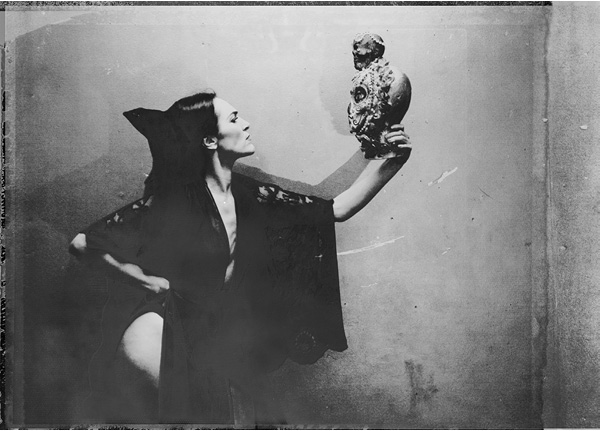
LOCA POR LORCA
first performed on February 13, 2013
Saint Clement’s Church, London, UK
performed fourteen times in 2013
LA BETI
London, UK
126221167b126221167e126221167t126221167i126221167p126221167i126221167n126221167d126221167a126221167d126221167o126221167@126221167g126221167m126221167a126221167i126221167l126221167.126221167c126221167o126221167m
labeti.co.uk
LOCA POR LORCA
LA BETI
The primary source of my practice is the oeuvre of Spanish poet and dramatist Federico Garcia Lorca, particularly the Deep Song and Gypsy Ballad publications.
Lorca demonstrated a heightened sensibility towards the female gender, admiring them while also relating to and capturing their sterile position in the society of the time. It is this angle of Lorca´s oeuvre that I focus on.
Reading Lorca’s writings, I can feel the asphyxia and drama of women in Spanish society. Their timelessness is evident as well—is there so much difference between women at the beginning of the 20th century and my generation? Maybe, superficially, there have been some advances, but we come from the bellies of unfixed and deep feminine traumas.
In my performances, I take female characters from Lorca’s poems and depict them in irreverent costume. The costuming is of a burlesque nature, whilst also deconstructing traditional Spanish accessories, such as skirts fabricated from bin bags and utilizing the traditional Spanish comb as a veil, amongst other items. Hence, the characters are transformed into altar-like goddesses liberated from tradition.
There is a ritualistic process in my performances: When I recite Lorca’s poems, I locate each poem within the four elements (air, fire, water and earth) to facilitate my purpose and trace in my consciousness a circle that invokes these elements. My mission is to liberate the feminine memory of my history and lineage from the chastity and superficiality of religious values and away from patriarchy. In London, I have started to perform in churches, and this has become a psycho-magic process which liberates me from the angst and asphyxia I’ve breathed through my heritage.
I like to play with archetypes (inspired by Jung and Alejandro Jodorosky) that incorporate a twist of humor. In doing this, I characterize the four basic roles that Spanish patriarchy has embedded in women: virgin, mother, whore and bimbo.
I perform all this within a flamenco expression, utilizing the tension between the emotional and the rational and using my body as a “body in translation.” I also translate the poems and recite the English versions.